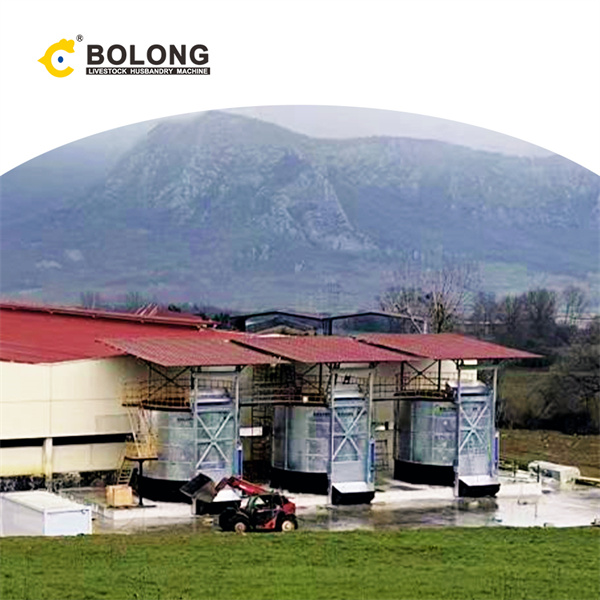In the dairy industry, where the management of manure is a constant challenge, the advent of manure fermentation tanks has revolutionized the way farmers approach waste management. These innovative systems offer dairy producers a comprehensive solution that not only enhances nutrient recycling but also promotes environmental sustainability.

The fermentation process within the tanks harnesses the power of microbial activity to break down the complex organic compounds in dairy manure. This transformation unlocks a wealth of plant-available nutrients, including nitrogen, phosphorus, and potassium, which can be directly applied to croplands as a natural fertilizer. By reducing the reliance on synthetic inputs, dairy farmers can significantly lower their operational costs while simultaneously improving soil health and crop yields.
Furthermore, the biogas generated during the fermentation process can be captured and utilized as a renewable energy source, enabling dairy farms to reduce their carbon footprint and potentially generate additional revenue streams. This dual-pronged approach not only enhances the economic viability of dairy operations but also aligns with the growing consumer demand for environmentally responsible agricultural practices.

Dairy farmers who embrace manure fermentation tanks are at the forefront of a sustainable revolution in the industry. By seamlessly integrating this innovative technology into their operations, they are setting a new standard for responsible manure management, nutrient recycling, and environmental stewardship. As the dairy industry continues to evolve, the integration of manure fermentation tanks will undoubtedly play a crucial role in shaping a more sustainable and profitable future for dairy producers.